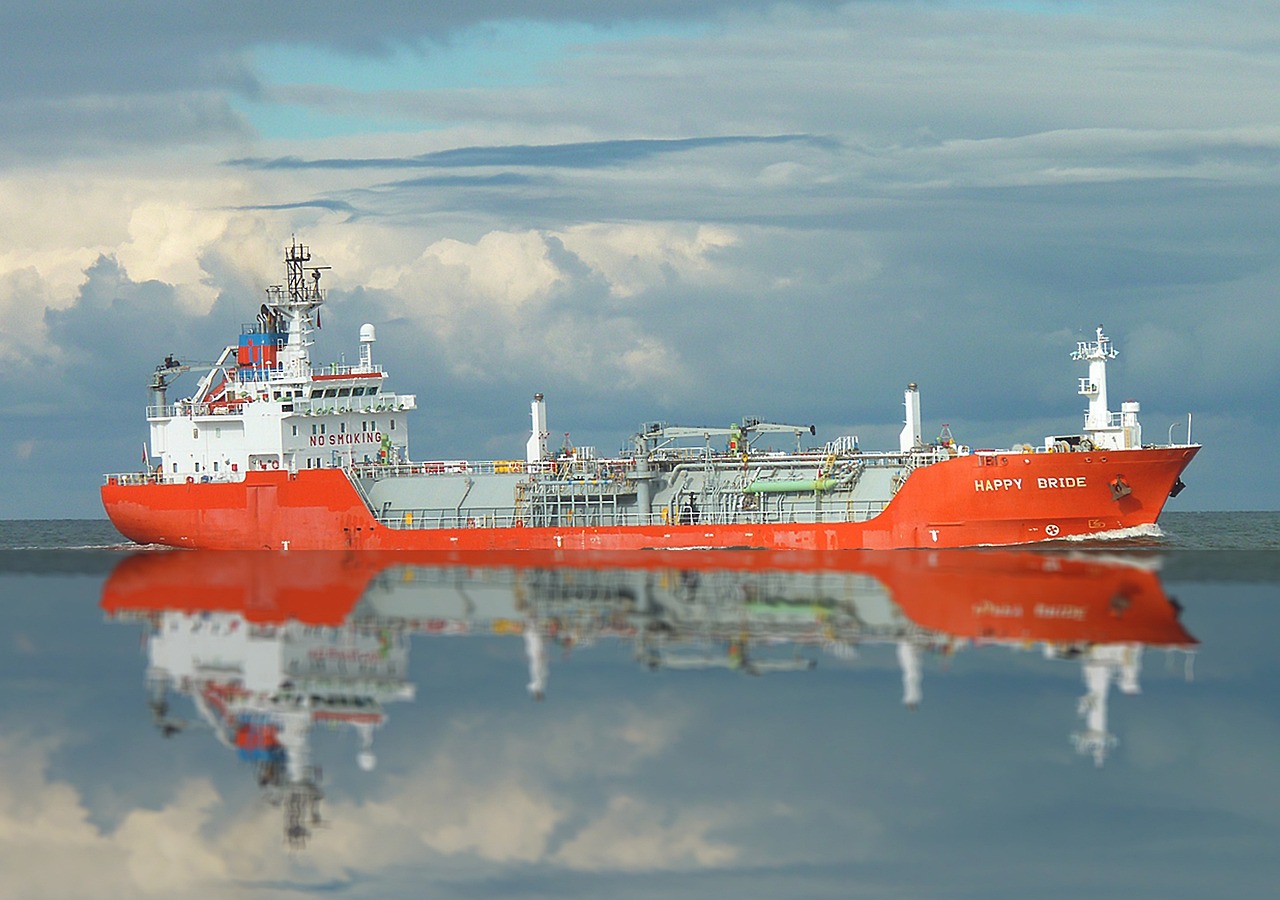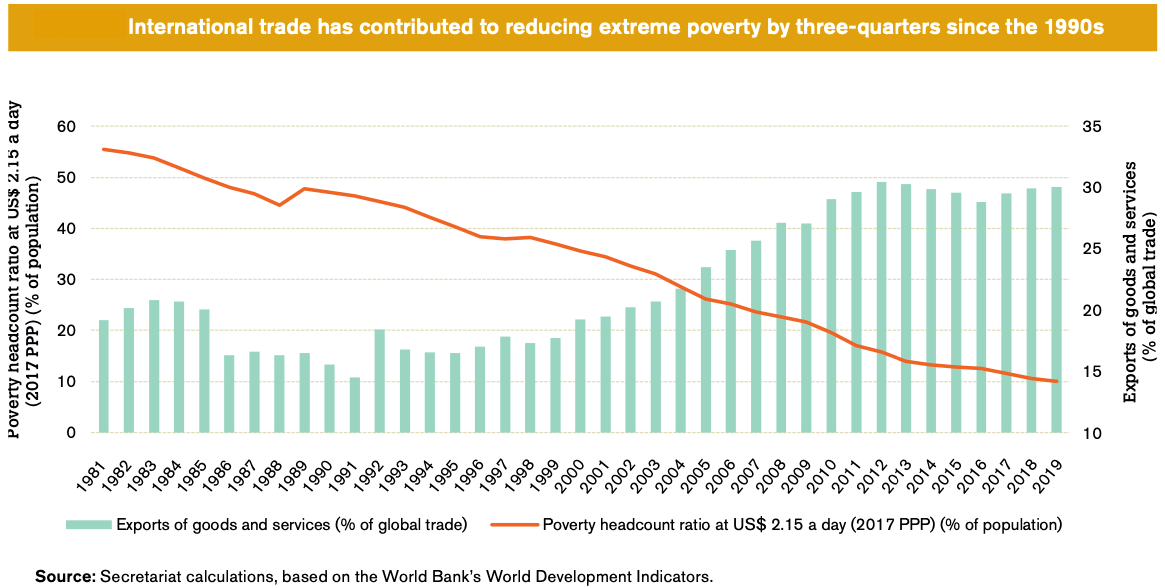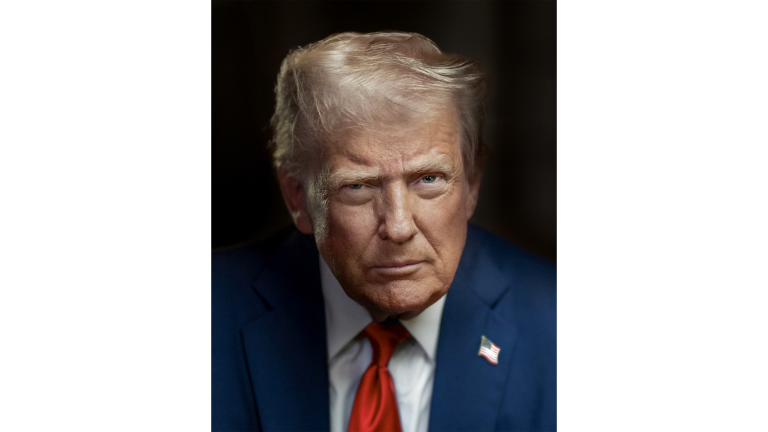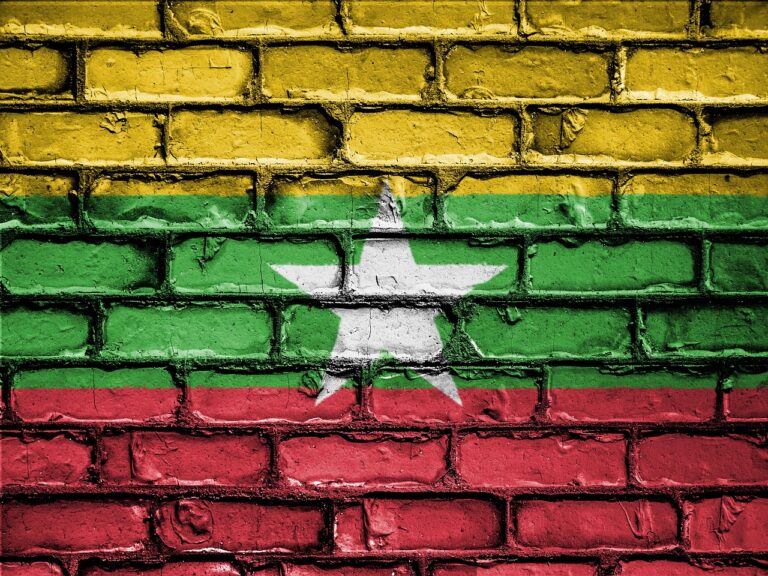
Trade Shipping
World Trade Report 2023 makes case for “re-globalization” amid early signs of fragmentation
Geneva: The multilateral trading system overseen by the World Trade Organization (WTO) was created just over 75 years ago based on the vision that fostering interdependence among economies would play a crucial role in achieving peace and prosperity. This vision had emerged as a central lesson from three disastrous decades of deglobalization, marked by two world wars, the Great Depression, and political extremism. For three-quarters of a century it has guided policymakers as they laid the foundations for the integrated world we inhabit today.
However, this vision is currently being called into question. Recent crises, such as the COVID-19 pandemic and the war in Ukraine, have fed into perceptions that globalization exposes economies to excessive risks. Consequently, a trade-sceptic narrative has gained traction, suggesting that international trade is an obstacle to building a more secure, inclusive, and sustainable world. Viewing interdependence as a vice rather than a virtue, policymakers are now placing greater emphasis on economic independence.
Against this backdrop, the 2023 edition of WTO’s World Trade Report presents new evidence of the benefits of broader, more inclusive economic integration as early indications of trade fragmentation threaten to unwind growth and development.
The report critically examines the role of international trade in addressing some of the most pressing challenges of our time: maintaining peace and security, reducing poverty and inequality, and achieving a sustainable economy.
In introducing the report at the opening of the WTO’s annual Public Forum today, WTO Chief Economist Ralph Ossa said: “The main conclusion is that we need to embrace trade instead of rejecting it if we want to overcome the most pressing challenges of our time.”

Starting with an analysis of the current state of globalization, the report confirms that geopolitical tensions are beginning to affect trade flows, including in ways that point towards fragmentation of trading relationships. WTO Secretariat calculations find, for example, that goods trade flows between two hypothetical geopolitical blocs — based on voting patterns at the UN General Assembly — have grown 4-6 per cent more slowly than trade within these blocs. However, the report contends that, despite these findings, international trade continues to thrive, implying that talk of de-globalization is on balance still not supported by the data. The publication points to the expansion of digital services trade, environmental goods trade, and global value chains in addition to the resilience of trade to recent global crises.
“The WTO is not perfect — far from it. But the case for strengthening the trading system is far stronger than the case for walking away from it,” WTO Director-General Ngozi Okonjo-Iweala says in her foreword to the report. “Today this vision is under threat, as is the future of an open and predictable global economy,” she adds.
The flagship publication, launched today, features findings on how re-globalization — or increased international cooperation and broader integration — can support security, inclusiveness, and environmental sustainability.
The report goes on to examine the relationship between economic integration and three major challenges facing today’s global economic order: security and resilience, poverty and inclusiveness, and environmental sustainability — areas in which arguments have gained ground that globalization has not delivered as expected or exposes countries to excessive risks.
Looking at the evidence, the report makes the case that “re-globalization,” which is the renewed drive towards integrating more people, economies and pressing issues into world trade, is a more promising solution to these issues than fragmentation. The report shows that trade openness is strongly linked with a reduced likelihood of conflict and has led to sharp declines in poverty for over four decades. Also, technological improvements enabled by trade have had a strong impact on reducing carbon emissions.
Finally, the report emphasizes the need for more trade and more cooperation to effectively address the major issues that policymakers are facing the world over — from security to inclusiveness to climate change. A re-invigorated and reformed WTO can play a central role in tackling these challenges.
“In particular, the report makes the case for extending trade integration to more economies, people, and issues, which is a process that we call “re-globalization,”” Ossa said, stressing that such integration “is a powerful tool to improve living standards, which helped lift hundreds of millions of people out of poverty.”
– global bihari bureau





